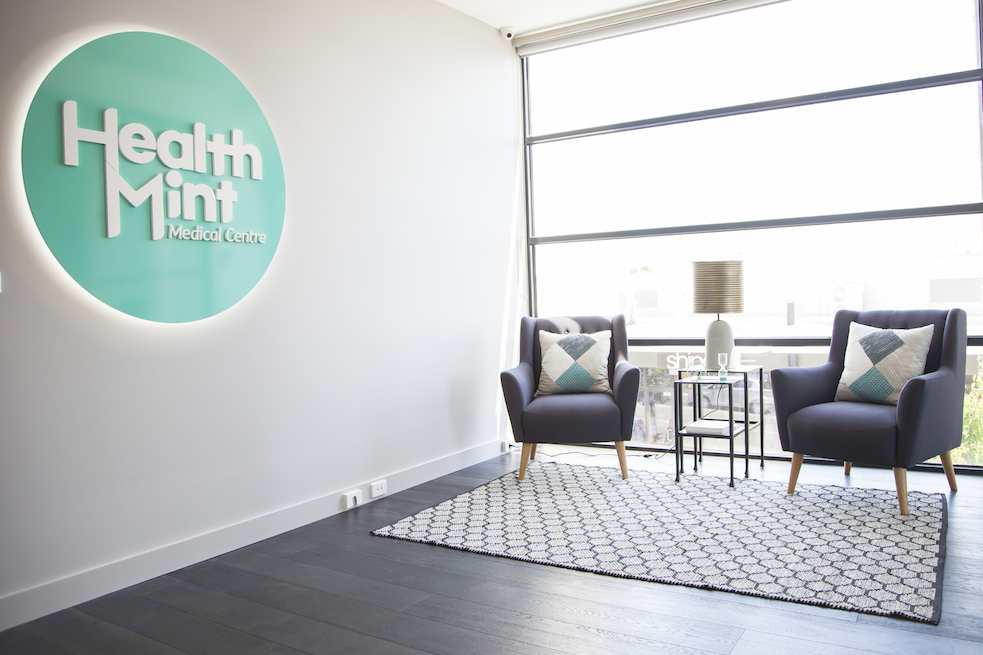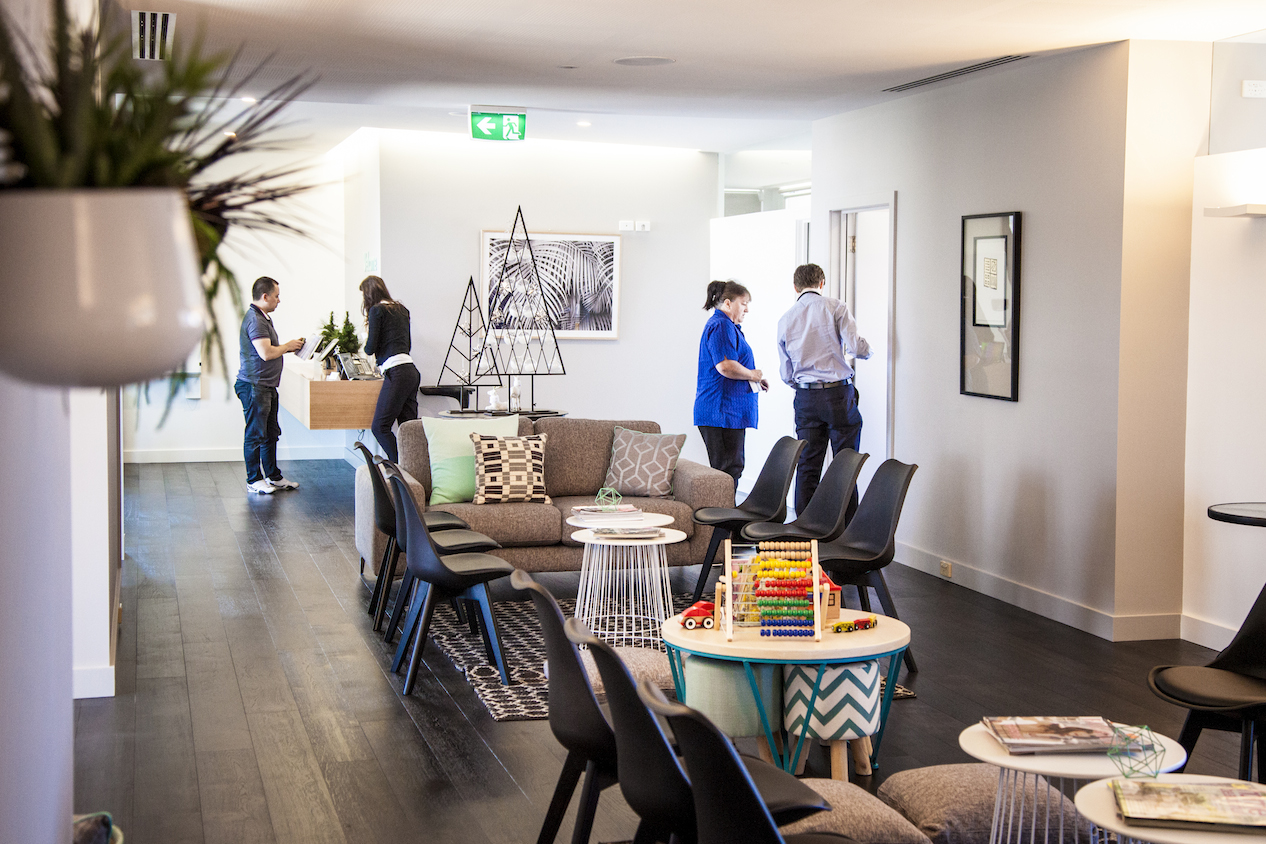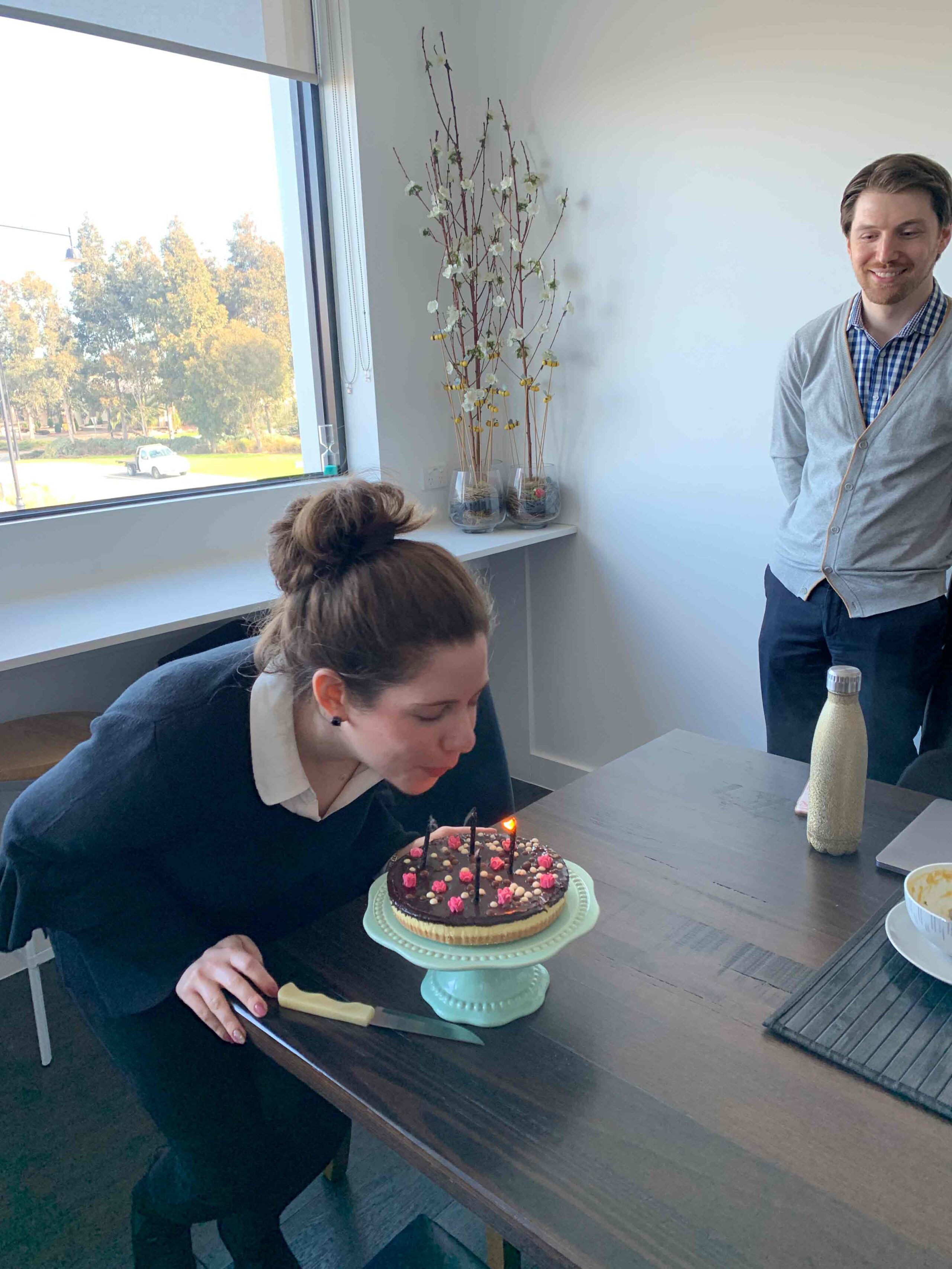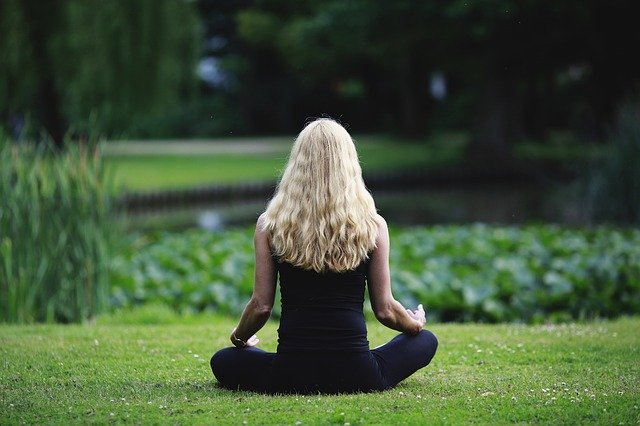
What is mindfulness?
Originating from ancient Eastern traditions, mindfulness is essentially trying to connect our mind to the present moment, non-judgmentally.
However, when our mind swings from the past to the future, and back again, it can rarely have a chance to rest in the present.
Why can this be unhelpful for mindfulness?
When we recall painful memories/regrets, or worries for the future, we feel the horrible feelings that come with it and can’t do anything to change it.
We have no control over what has already happened or what is to be. Our power and control rests solely in the present moment.
What does being in a state of mindfulness feel like?
If you think about the moments when you feel most calm and at peace, it is usually when you’re completely engaged in the moment, free from unhelpful self-talk and stress.
It might be feeling the breeze on your face when you are outside, enjoying a hot shower, or being engrossed in a hobby.
Your whole being is involved and engaged in the moment, body and mind.
This integrated state is so different to what we are used to – driving home from work and thinking about dinner, on a zoom call but wishing you were talking to your friends and talking to your friends with your mind on housework!
How can mindfulness be achieved in daily life?
Try an activity where you can actively connect with your body:
- Laying on your back in bed/on the couch, feeling the rise and fall of your breath in your abdomen and chest.
- Body scan. Work your way slowly up from your feet to your forehead, simply noticing the sensations in each part. You can take this a step further by intentionally tightening and loosening muscle groups (progressive muscle relaxation)
- Taking a deep breath, stretching your hands up to the ceiling, and exhaling slowly allowing your arms to rest gently by your sides. This can be repeated for a few minutes
Make the most of nature:
The outdoors is an easy space for us to feel connected with our senses and trying to get outside when the weather is good can be helpful.
Use your senses to engage in the moment – what can you hear? See? Touch?
When we feel stressed and overwhelmed, trying to ask ourselves “What is under my control right now?”
These are simple practices we can all try no matter where we are, the aim being to make it more than a ‘practice’ but an awareness that can benefit our lives.
To see where you are at in your mindfulness journey, you can try this simple questionnaire called Mindful Attention Awareness Scale
Smiling Mind can support your (and your family’s mental health throughout the COVID-19 pandemic and beyond. They offer a FREE daily mindfulness and meditation app and guide at your fingertips. You can learn more about them here

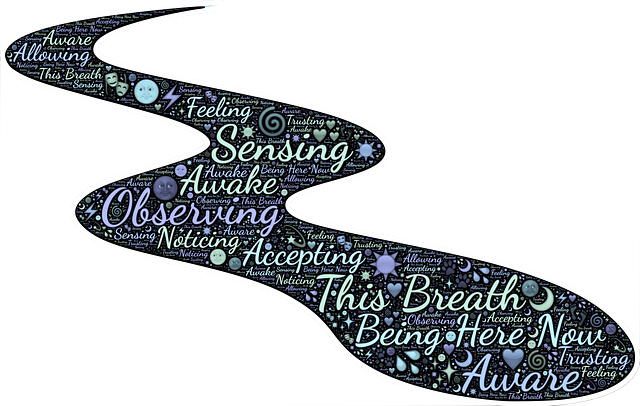


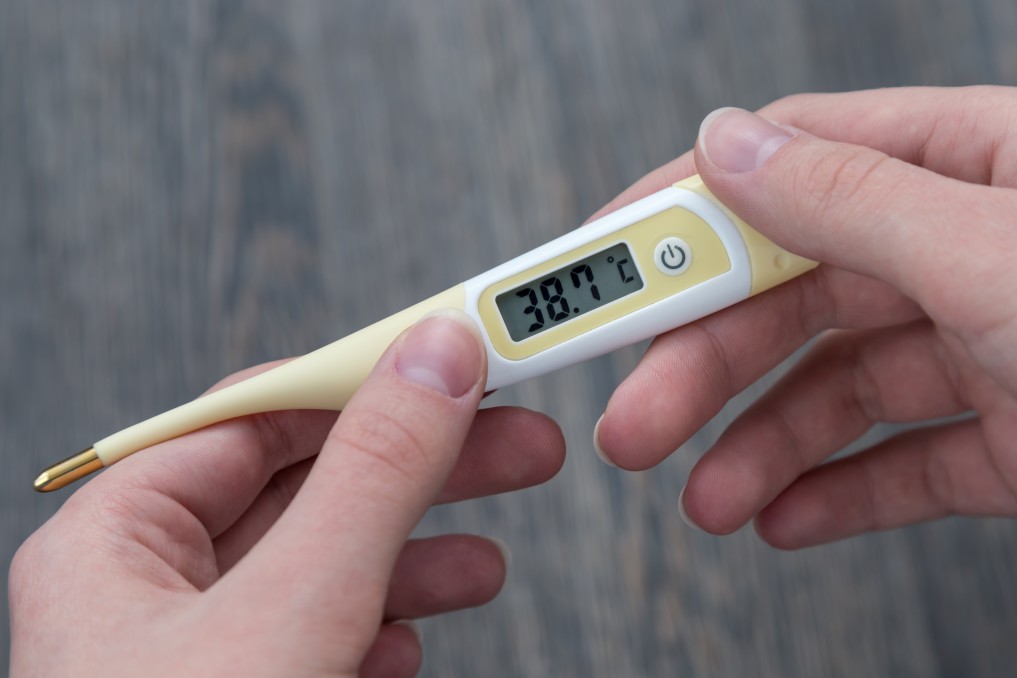
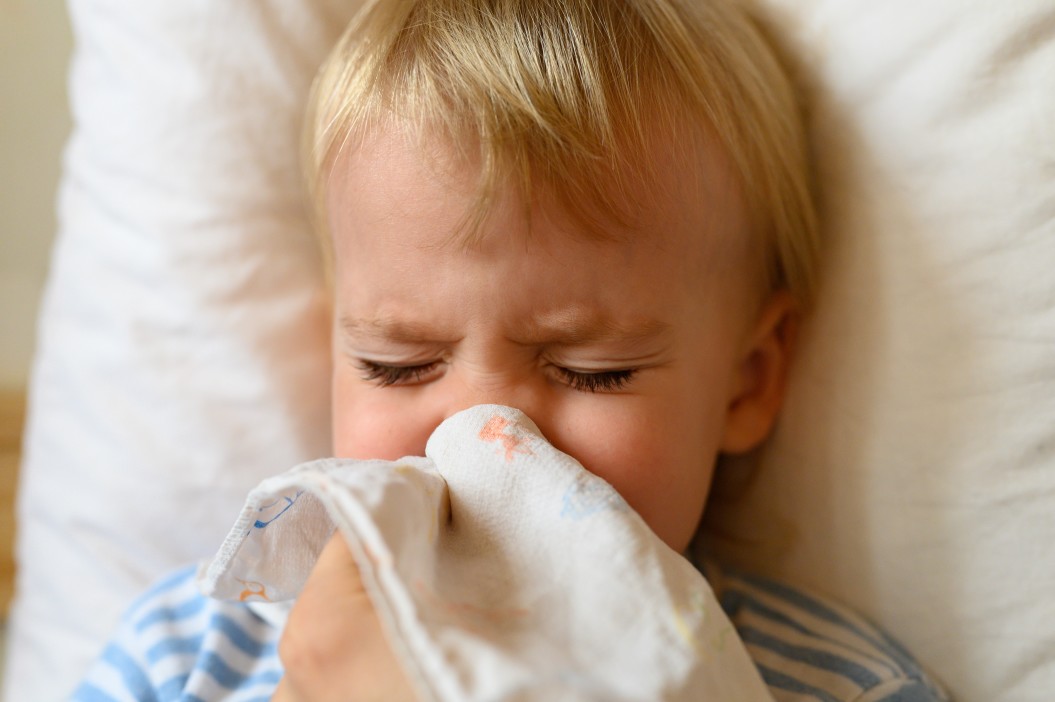
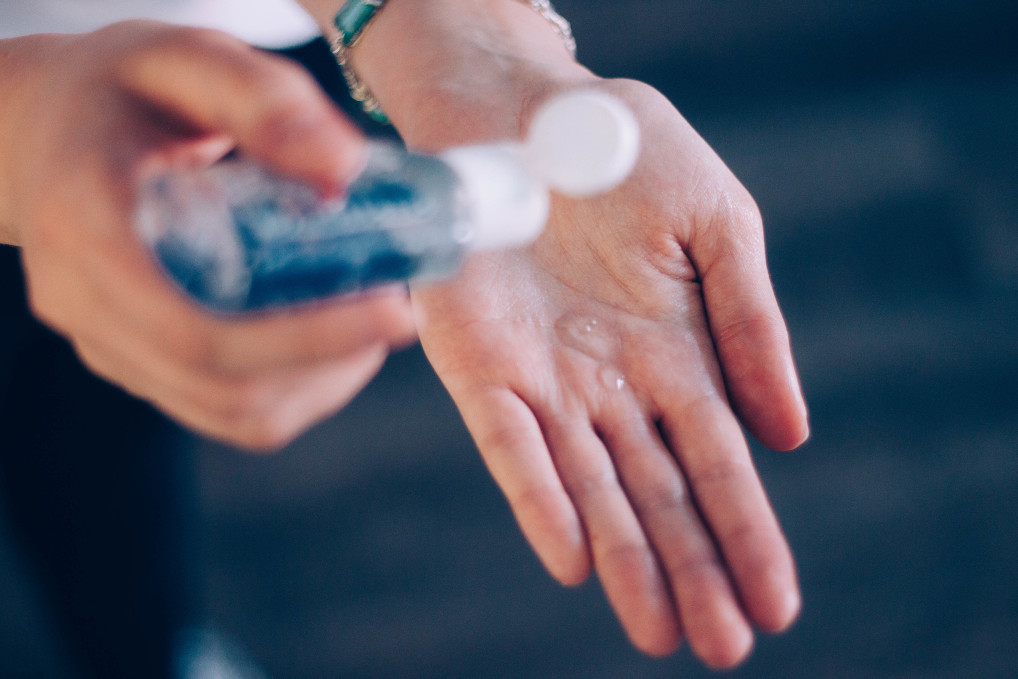 WHO advises people of all ages to take steps to protect themselves from the virus by following good hand hygiene and good respiratory hygiene.
WHO advises people of all ages to take steps to protect themselves from the virus by following good hand hygiene and good respiratory hygiene.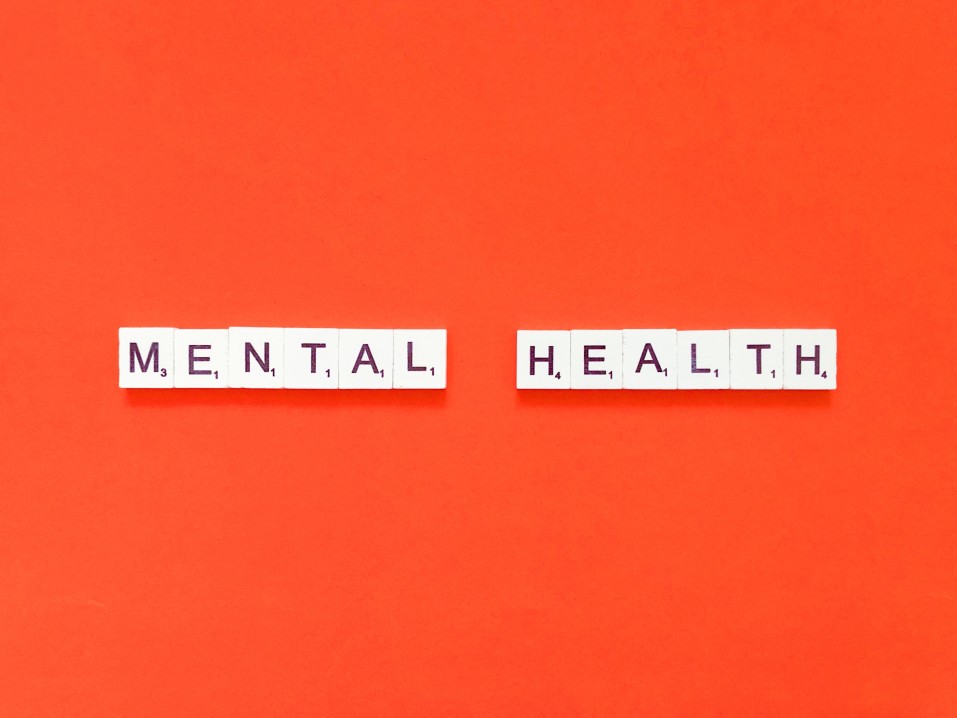

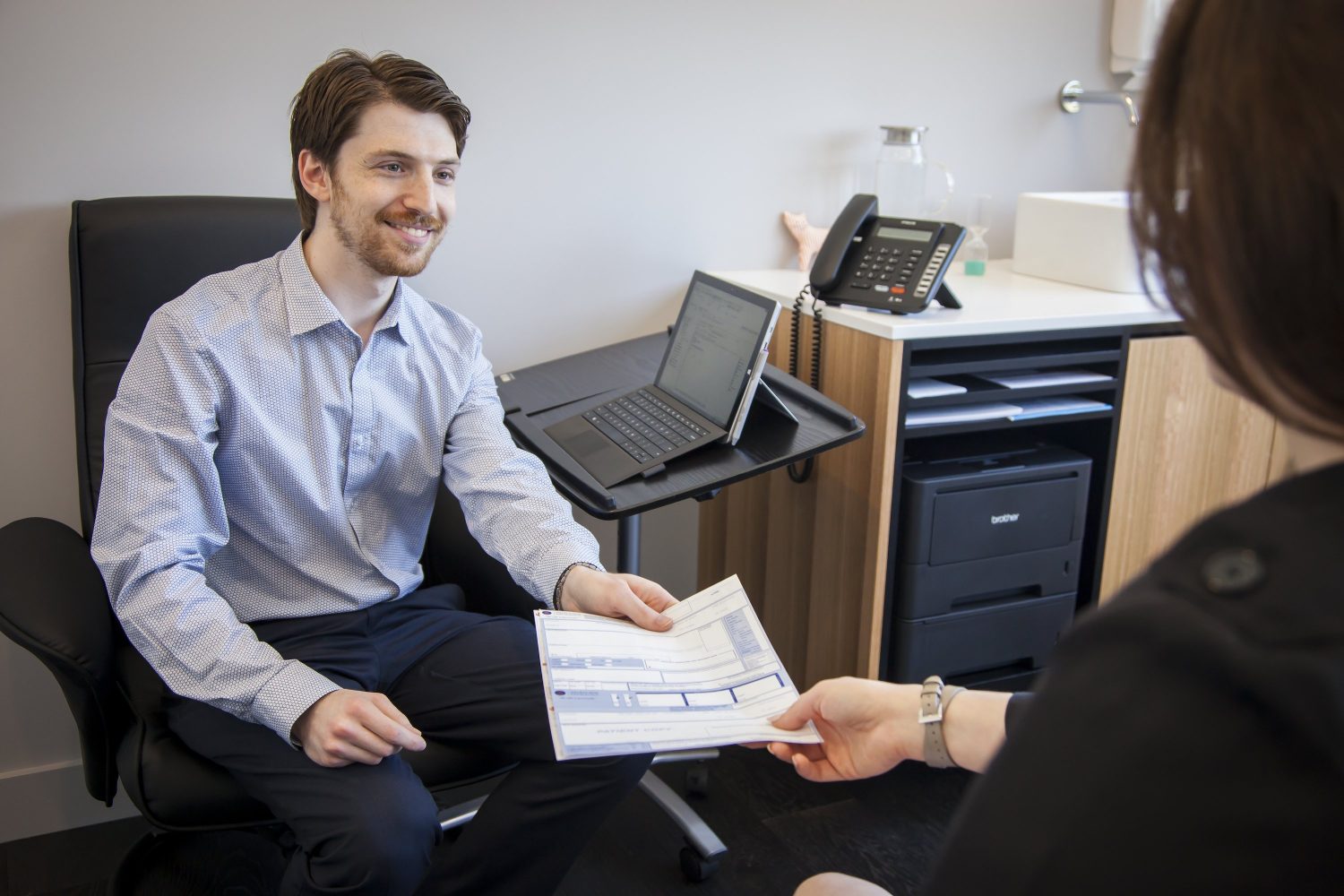
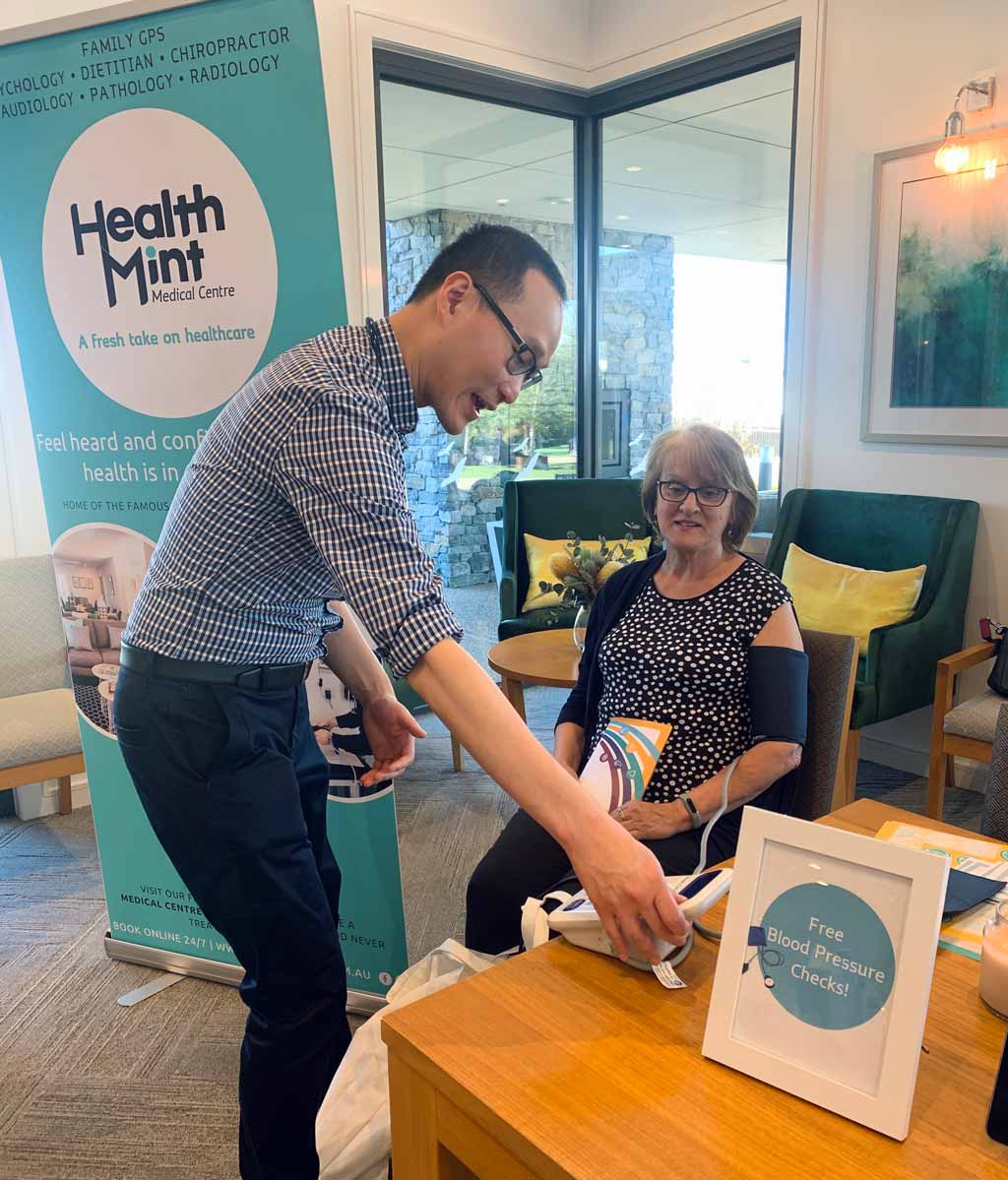

 What are the benefits of managing my BP?
What are the benefits of managing my BP?


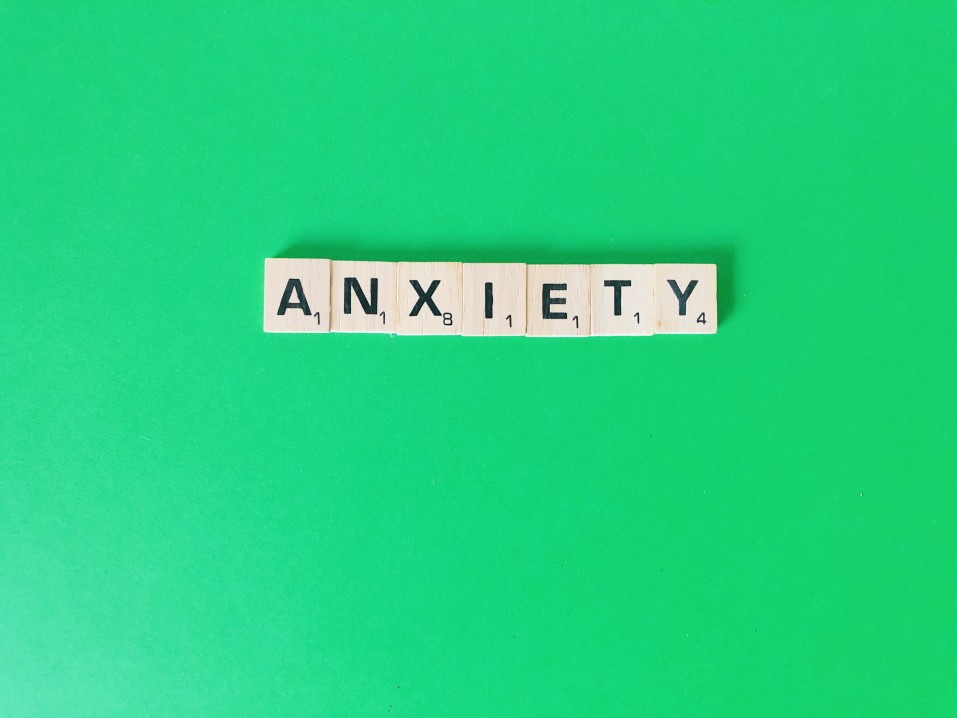 Symptoms of gut health and anxiety
Symptoms of gut health and anxiety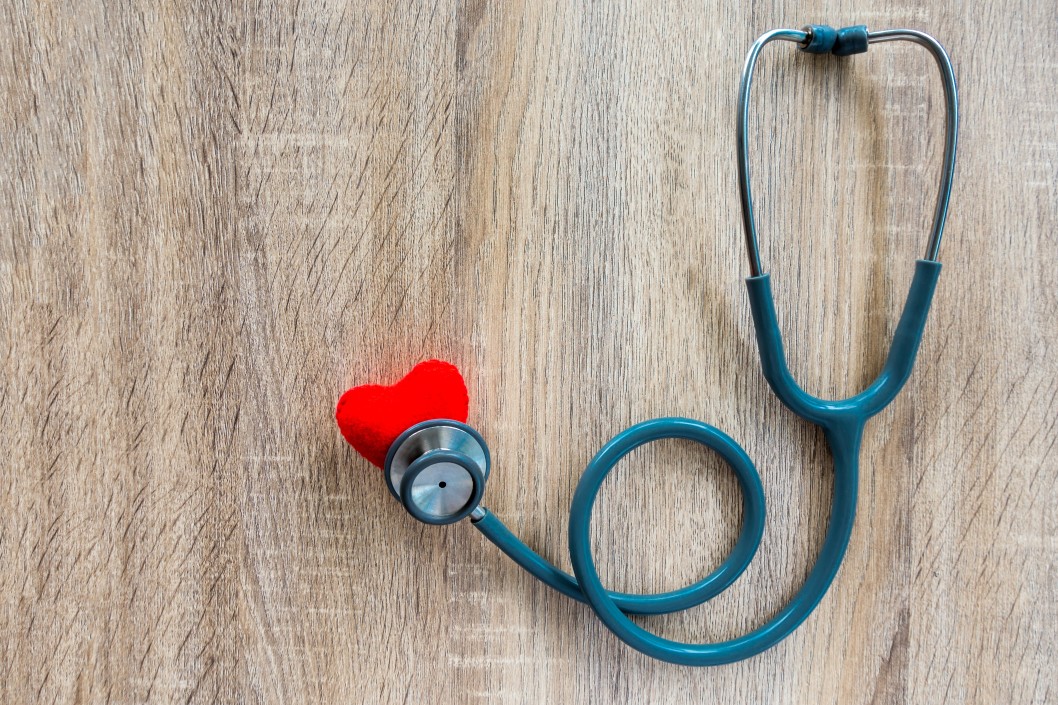
 Causes and risk of Coronary Heart Disease
Causes and risk of Coronary Heart Disease 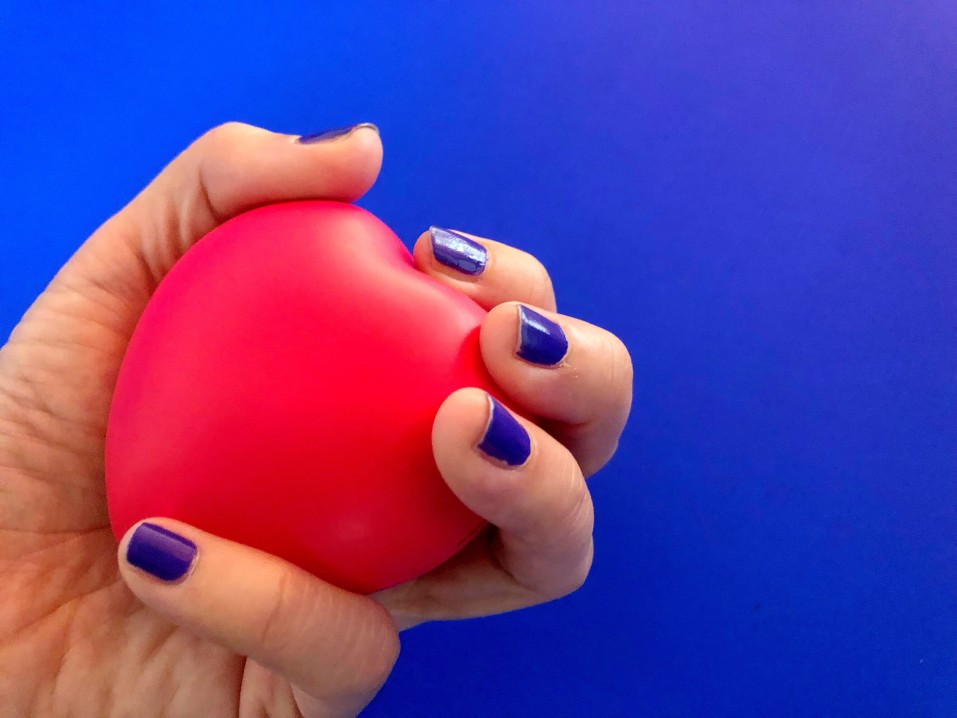 How do you know if you have Coronary Heart Disease?
How do you know if you have Coronary Heart Disease? 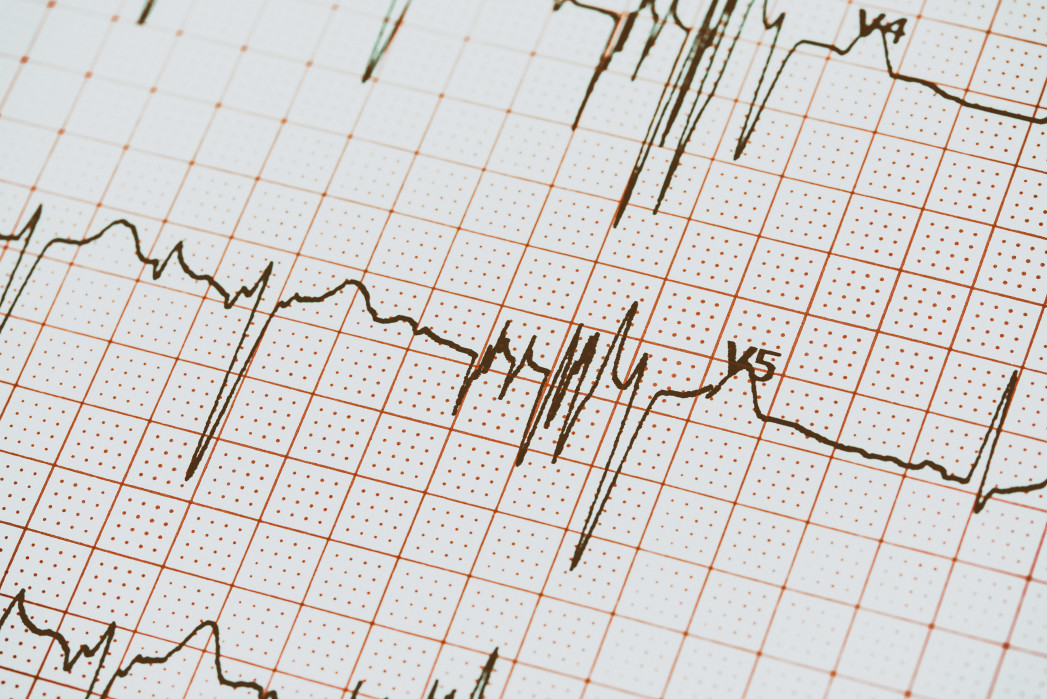 How you can prevent Coronary Heart Disease
How you can prevent Coronary Heart Disease
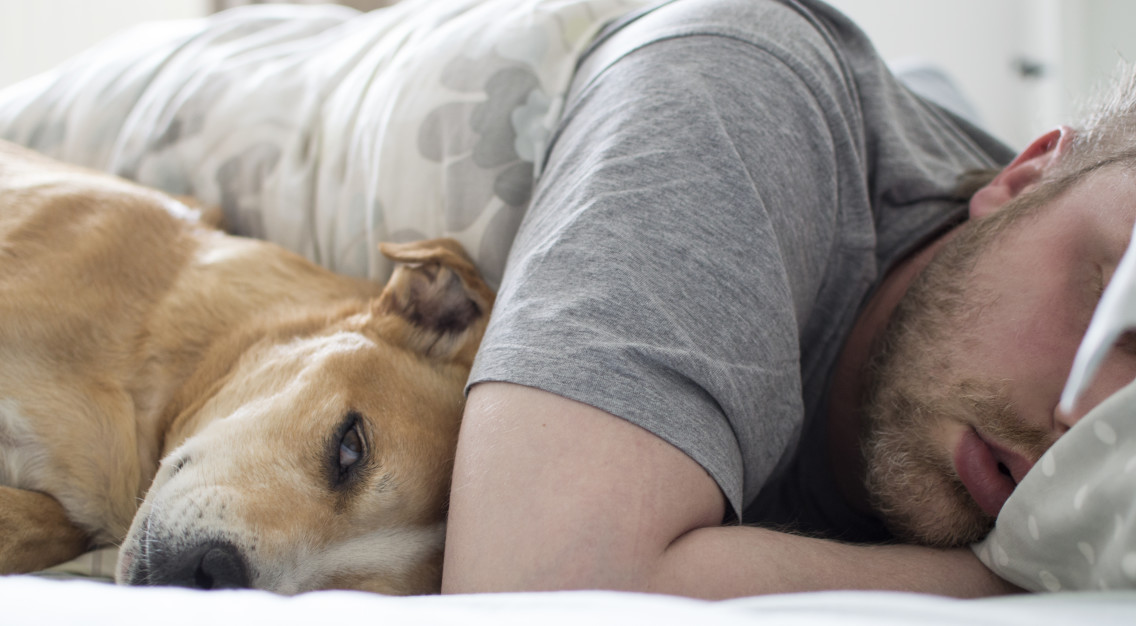 Serious health problems
Serious health problems  Can you reverse the effects of a lack of sleep?
Can you reverse the effects of a lack of sleep? 
 2. Exercise assists in weight loss and helps prevent unhealthy weight gain
2. Exercise assists in weight loss and helps prevent unhealthy weight gain 3. Exercise reduces the risk of and helps to manage cardiovascular disease, reduce risk of heart attack, lower blood cholesterol, lower blood pressure
3. Exercise reduces the risk of and helps to manage cardiovascular disease, reduce risk of heart attack, lower blood cholesterol, lower blood pressure 4. Social interaction and exercise go hand-in-hand
4. Social interaction and exercise go hand-in-hand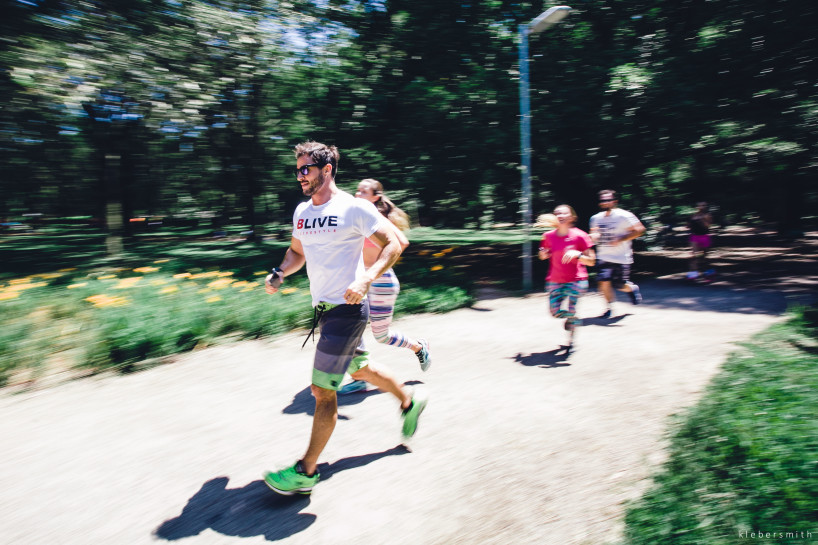 5. Build strong muscles and bones
5. Build strong muscles and bones
 8. Lower the risk of falls with exercise
8. Lower the risk of falls with exercise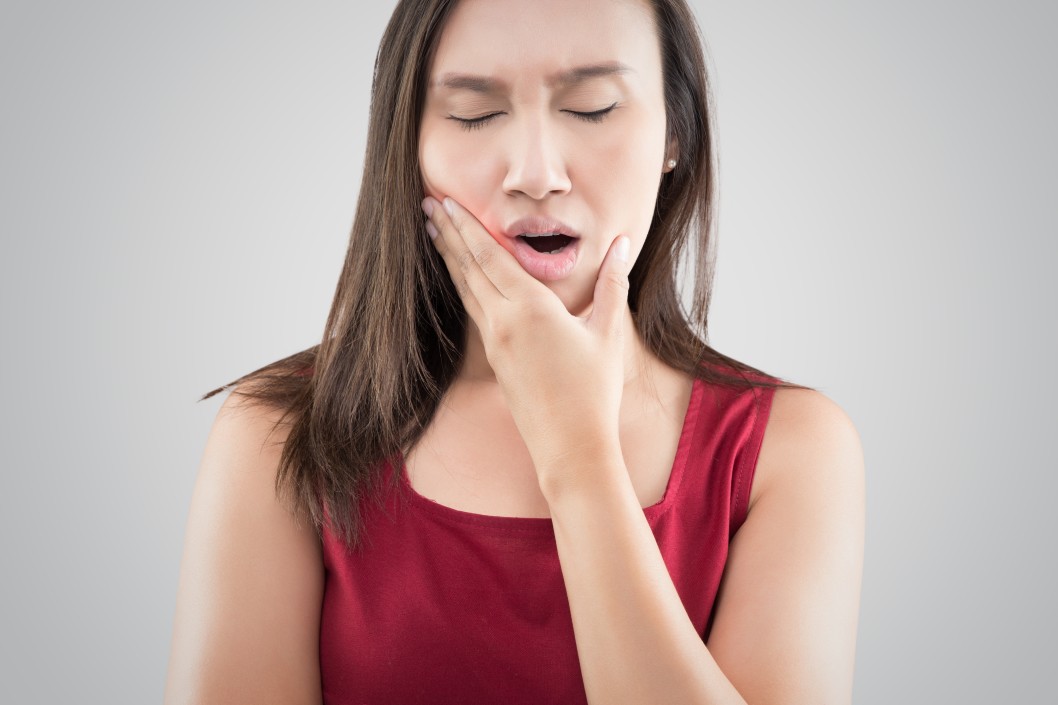
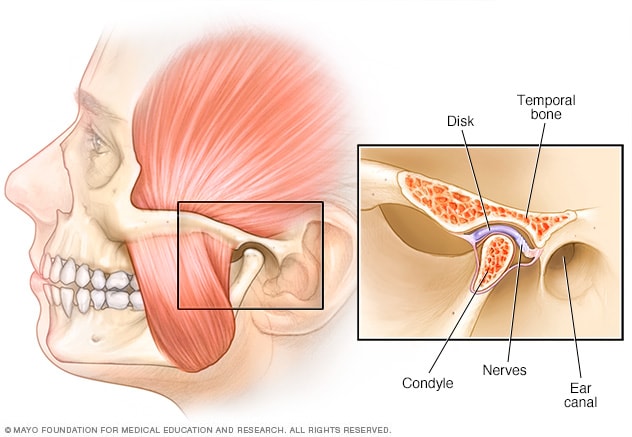
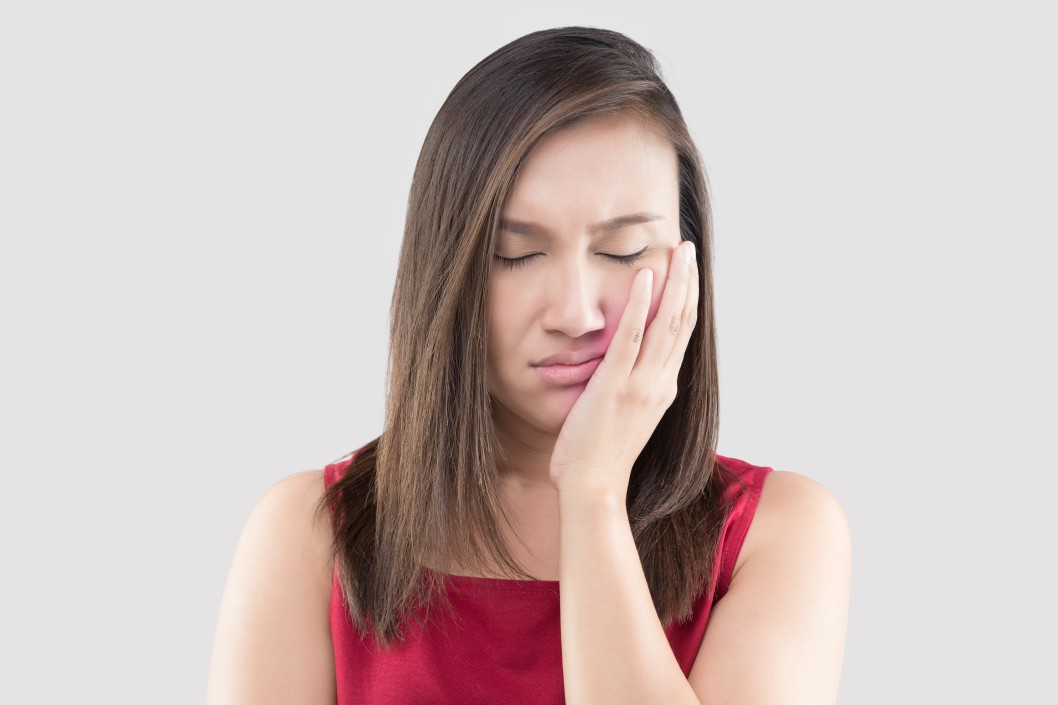 What can cause TMJ pain?
What can cause TMJ pain? If you or someone you know may be suffering from any of the above signs of TMJ, you can
If you or someone you know may be suffering from any of the above signs of TMJ, you can 